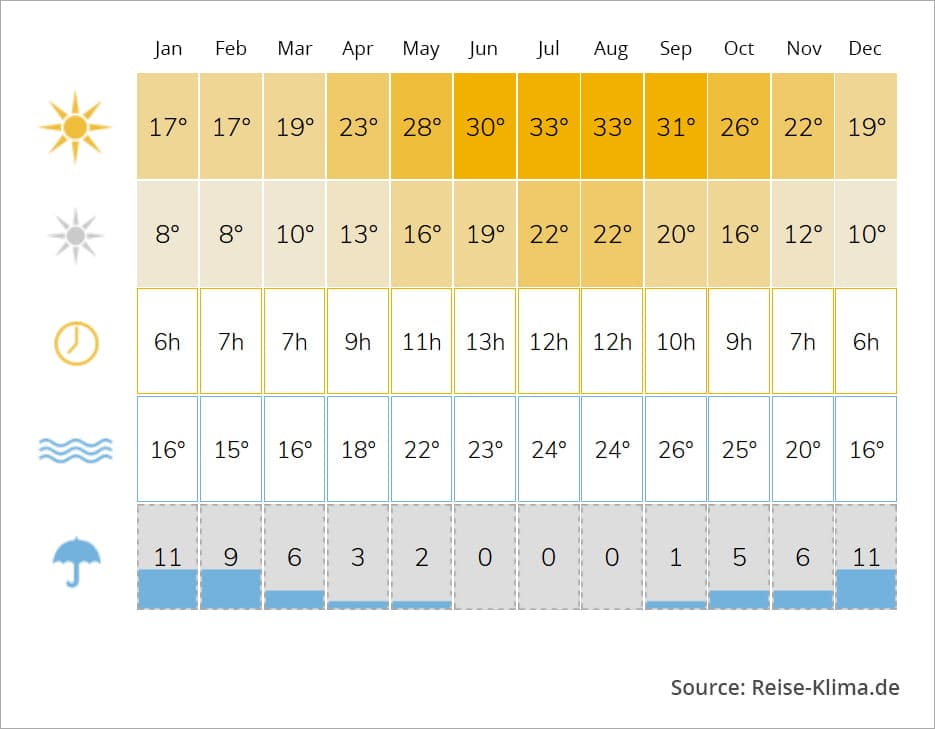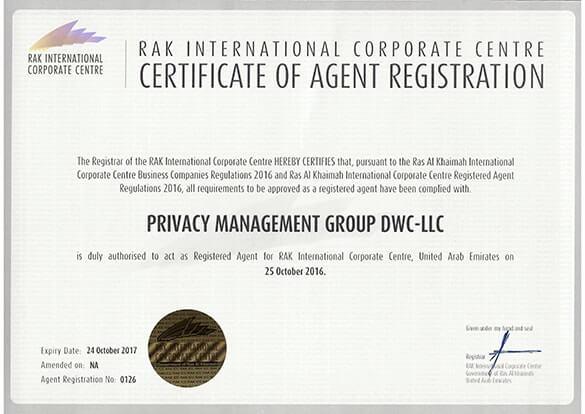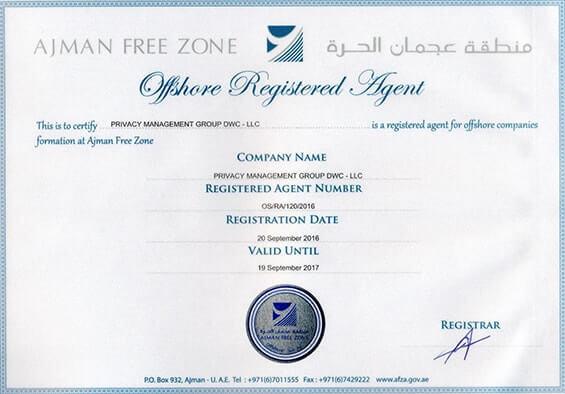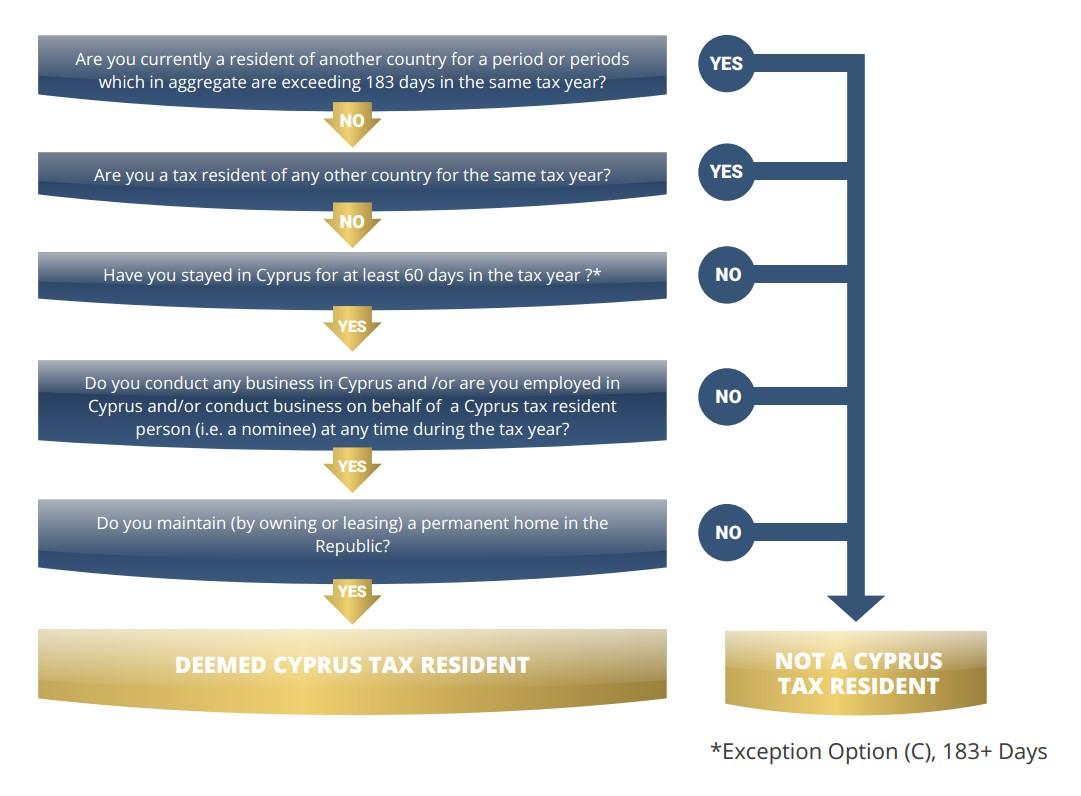03.1a Politics and Culture in the UAE

United Arab Emirates
About the United Arab Emirates
The United Arab Emirates (UAE) is a federation made up of 7 independent Emirates along the coast of the Persian Gulf and the Gulf of Oman. The country is located in the South-East of the Arabian Peninsula and shares borders with Oman and Saudi Arabia. The individual Emirates are Abu Dhabi, Dubai, Ras Al Khaimah, Fudjairah, Umm al-Quwain, Sharja and Ajman.
The official language of the United Arab Emirates, but English is the official language of trade and commerce. Islam is the official state religion, however non-muslim beliefs are both tolerated and protected by the state.
Abu Dhabi, the capital city of the UAE, has a population of 620,000 and boasts an important cultural metropolis and industrial centre. Dubai, on the other hand, is by far the largest city of the UAE, with a population exceeding 2 million people, and is world famous for its spectacular skyscrapers and lively cultural scene.
With an area of 83,600 square kilometres, the UAE is home to the world’s seventh largest oil deposits. As a result of this, the United Arab Emirates is one of the richest countries in the world, with a GDP of more than 54,000 USD per capita and a highly developed national economy.
The Human Development Index (HDI) ranked the UAE at number 31 in 2023, while the International Monetary Fund has given the country the rating of “high income developing economy”.
The UAE is a member of the United Nations (UN), the World Trade Organisation (WTO), the Organisation of Petroleum Exporting Countries (OPEC), the Arab League and the Organisation for Islamic Cooperation (OIC). The United Arab Emirates was one of the founding member of the Gulf Cooperation Council in 1981.
Politics

The United Arab Emirates are a Federation, in which each of the 7 emirates retains some of its autonomy. Regarding the oil sector, for example, all emirates have full rights of self-determination. The federation is also an absolute monarchy, with each Emirate being subject to its own monarch, “Emir”. Traditionally the Emir of Abu Dhabi also functions as President of the United Arab Emirates. While some describe the form of government in the UAE a as a patriarchal presidential system with traditional consulting mechanisms, this does not do justice to the very modern principles which have found a place in political and legal system. Nonetheless, the government does have great respect for tradition and several religious and regional customs remain central to life in the UAE.
The Federal Supreme Council consists of the 7 monarchs of the Emirates and is the highest constitutional body. The Council elects the President from among its own ranks every 5 years and is responsible for the executive and legislate branches of governement. Besides the council, there is a cabinet, a parliament and a council of ministers. The parliament is partially elected and partially determined by the Emirs.
In contrast to many other Arabic countries, the Emirates are seen to be politically stable. This is probably due to the success of its economy and the relative wealth of its people. While the UAE has an image of freedom and tolerance (especially with respect to different religions), the civil rights of citizens remain quite restrictive (for example, right to express opinion). The UAE do promote women’s rights very actively, which can be seen in the increasing number of women in leadership roles across the country.
The Political System on the Federal Level
The constitution of the United Arab Emirates gives the monarchs of each of the Emirates the possibility to transfer responsibilities to the federal government. Because of this, the assignment of political responsibility across the various sectors is constantly changing, without any effect on the traditional form of government. One example of such a transfer of power from the local to the federal level was the decision of the Emirs in the 1970’s to united the defence forces of the Emirates and bring the responsibility for the defence setor under the power of the federal government.
Tribal Culture and Traditional Meetings

The traditional tribal culture is integral to the political system of the United Arab Emirates. Every tribe elects its own leader. An Emirate is ruled by the most powerful tribal leader. The power of a leader is not dependent on the size of his tribe but on his own reputation and standing within the Emirate. This leader can only become the Emir if he has the support of the people. Therefore, there is an unwritten rule that declares that an Emir must listen to the opinion of all his people at a public meeting, “Madschlis”. This tradition continues today and ensures that the most powerful tribal members take the time to acknowledge the wishes and complaints of the people. Many indigenous people continue to voice their concerns at Madschlis rather than going to the authorities.
The Rule of Law
The laws of the Gulf state have been influenced both by Islam and by international law. The constitution of the United Arab Emirates finds its basis in Sharia Law. However, the foreign ministry of the UAE has repeatedly emphasised that Islamic law only plays a role in family law, and that it is no longer used in any other area of civil law. Noentheless, the government continues to test all laws for compatibility with Sharia Law.
While the legislative and executive bodies of government are in the hands of the Federal Supreme Council, the constitution provides for the independence of the judiciary.
The High Federal Court of the Union is highest court of law in the country. The judges of the court and chief prosecutor are named by the president of the UAE. The High Federal Court can intervene in disputes between the Federation and the individual Emirates, and has sole jurisdiction in criminal cases concerning high level members of government.
According to the constitution, the Federal Courts have different territorial jurisdictions. The Federal Appellate Courts can review decisions taken by the Federal Courts and overturn them before passing them on to the final court of appeal, the High Federal Court of the Union.
However, the Emirates of Dubai and Ras al Khaimah have their own local courts which are responsible for a range of disputes, although they do not official hold a place in the federal judiciary.
A short History of the United Arab Emirates
Before the declaration of independence in 1971, the United Arab Emirates were often referred to as “Trucial States”. This was because the Emirs kept close relations with Great Britain through the Protectorate Agreements.
The 1930’s saw the first attempts to drill for oil in the territory of the Emirates. These attempts were so overwhelmingly successful, that the “black gold” became a massive point of investment by 1962.
Since 1966, the Emir of Abu Dhabi has used the immense profits from the oil exports to fund far-reaching development in the Region. The development in Abu Dhabi also started to benefit the neighbouring Emirates. When oil was discovered in Dubai in 1969, the Emir began to invest a large proportion of oil profits into improving of the quality of life of his people.


















 Important: only one of these criteria needs to be met, in order for a company to qualify as an "Active Company"!
Important: only one of these criteria needs to be met, in order for a company to qualify as an "Active Company"!
